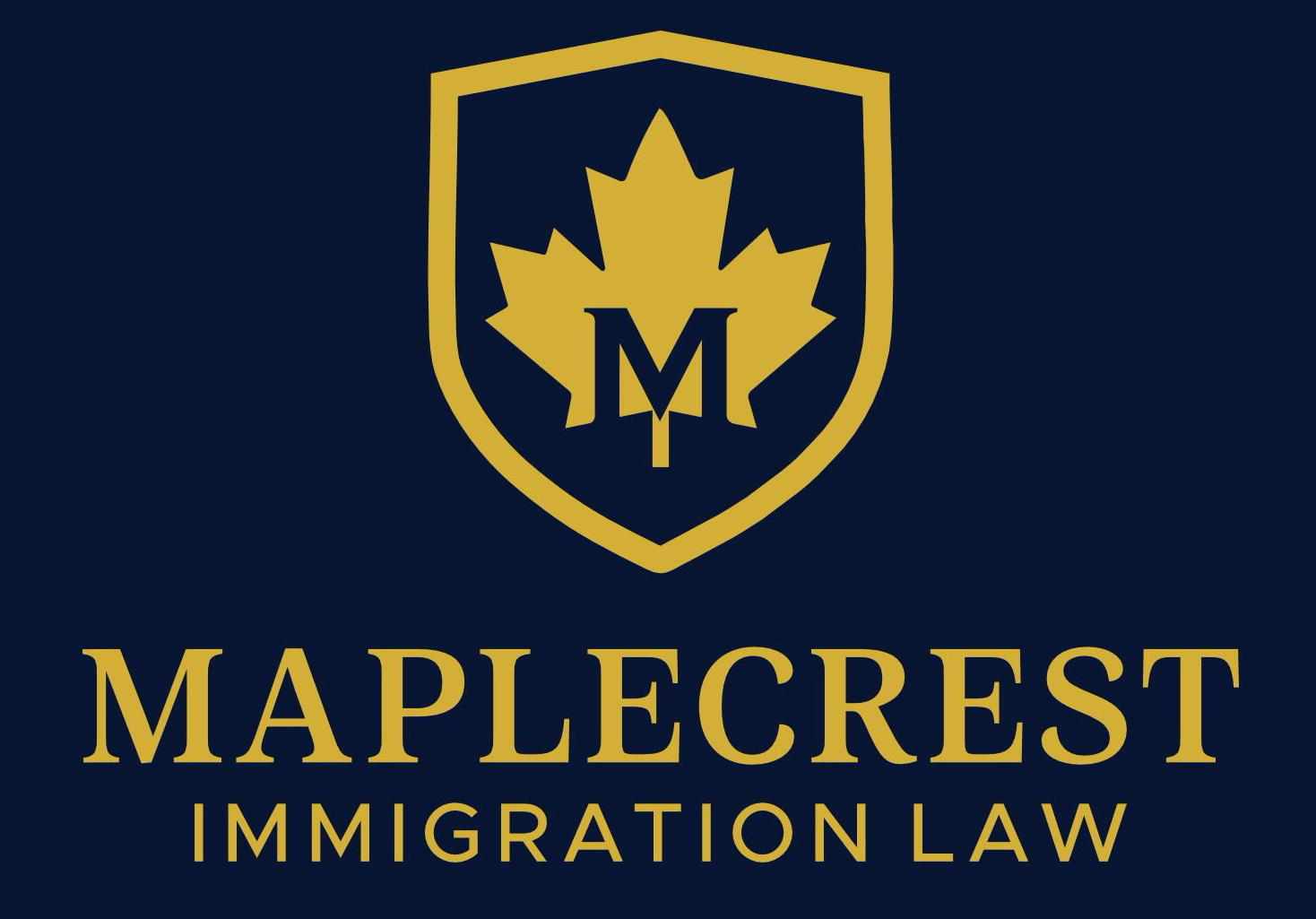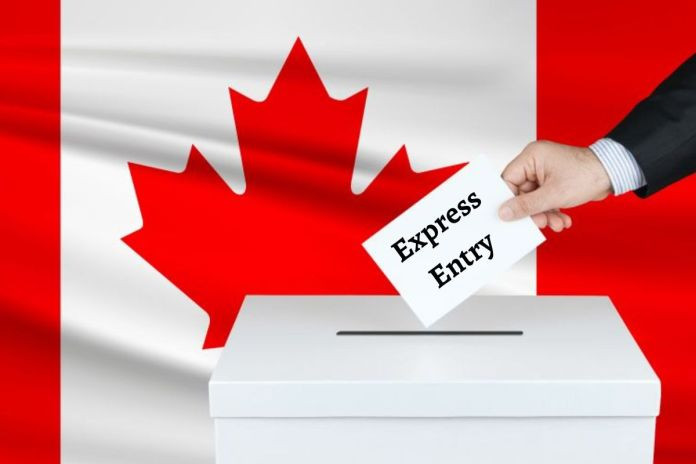On July 7, 2025, Immigration, Refugees and Citizenship Canada (IRCC) issued 356 Invitations to Apply (ITAs) to candidates through the Provincial Nominee Program (PNP) stream of Express Entry. This marks the first IRCC draw of July and continues a pattern of alternating between PNP and Canadian Experience Class (CEC) selections in 2025.
IRCC Draw Details: 356 ITAs for Provincial Nominee Program
In these PNP‑only draws, IRCC invites Express Entry profile holders who already secured a provincial or territorial nomination, which automatically adds 600 CRS points, virtually guaranteeing an invitation when they meet the cut‑off score.
-
Invitations Issued: 356
IRCC capped this round at 356, reflecting both provincial nomination intake targets and the supply of eligible candidates in the pool. -
Cut‑off CRS Score: 750
Candidates needed at least 750 points under the Comprehensive Ranking System. Since a PNP nomination contributes 600 points, eligible candidates generally have base scores of 150 or higher from factors like work experience, education, and language ability. -
Tie‑Breaker Rule: March 19, 2025 at 04:09:09 UTC
When multiple candidates share the 750‑point threshold, IRCC uses the time stamp of profile submission to rank them. Only profiles submitted before 4:09 a.m. UTC on March 19, 2025 qualified in this draw. -
Profile Deadline:
To participate, candidates must have created an Express Entry profile on or before the tie‑breaker cut‑off: 4:09 a.m. UTC on March 19, 2025.
This PNP‑only draw underscores IRCC’s commitment to aligning federal immigration invites with provincial economic needs. By concentrating on PNP nominees, provinces can fast‑track skilled workers whose profiles match local labor shortages.
IRCC Draw Trends and Analysis
-
Alternating Draw Strategy
IRCC has alternated between PNP and CEC draws since mid‑May, suggesting a sustained approach to balance provincial nominees and Canadian‑work‑experience candidates. -
Rising CRS Requirements for PNP
The PNP CRS floor rose from 727 on April 28 to 750 on July 7, reflecting strong competition among nominated candidates. -
Stable CEC Cuts
CEC draw scores remained around the low‑500s, indicating a broader pool of Canadian‑work‑experience applicants.
Understanding IRCC’s Invitation Criteria
IRCC uses the Comprehensive Ranking System to score and rank all Express Entry profiles. The CRS awards up to 1,200 points across four major factors.
-
Core Human Capital (up to 500 points)
-
Age (maximum 100 points)
-
Education level (up to 150 points)
-
First official language proficiency (up to 160 points)
-
Canadian work experience (up to 80 points)
-
-
Spouse or Common‑Law Partner Factors (up to 40 points)
-
Education, language, and Canadian work experience of the accompanying partner.
-
-
Skill Transferability (up to 100 points)
-
Combinations of education, foreign work experience, and Canadian experience, weighted by language proficiency.
-
-
Additional Points (up to 600 points)
-
Provincial or territorial nomination (600 points)
-
French‑language proficiency (up to 50 points)
-
Canadian post‑secondary education (up to 30 points)
-
Sibling in Canada (15 points).
-
A PNP nomination alone adds 600 points, effectively guaranteeing an ITA if you meet or exceed the draw’s CRS threshold.
Program‑Specific Rounds
IRCC schedules targeted draws to address specific labor‑market needs under Ministerial Instructions. The following are the common program‑specific rounds:
-
Provincial Nominee Program (PNP): For candidates with a provincial or territorial nomination.
-
Canadian Experience Class (CEC): For those with skilled Canadian work experience, typically requiring CRS scores in the low‑500s.
-
Category‑Based Selection: Specialized draws for sectors like healthcare, social services, education, and French‑language proficiency to fill critical skill gaps.
-
French‑Language Proficiency: Invites candidates with strong French skills, even if their overall CRS score is lower.
By structuring draws around these categories, IRCC balances national economic goals with provincial priorities and evolving labor shortages. Prospective applicants should tailor their profiles—through language tests, education assessments, or provincial applications—to align with upcoming program‑specific rounds.
How IRCC’s Draws Impact Candidates
-
PNP Nominees: Those with provincial nominations see an immediate CRS boost, but must file a PNP application with the province before IRCC processes their PR application.
-
CEC Candidates: Canadian‑experience applicants enjoy more frequent draws with moderate CRS requirements.
-
Category‑Based Candidates: Healthcare, education, and bilingual candidates benefit from special draws that IRCC schedules to address specific skill shortages.
What Candidates Should Do Next
-
Check Your CRS Score: Use IRCC’s CRS calculator to gauge competitiveness.
-
Seek a Provincial Nomination: Research PNP streams in provinces like Ontario, Alberta, and Manitoba for targeted opportunities.
-
Improve Language Scores: Higher IELTS or TEF results can raise CRS by up to 260 points.
-
Gain Canadian Experience: Short‑term contracts or co‑op placements count as work experience under CEC.
-
Monitor IRCC Updates: Follow the official IRCC news page for changes in draw frequency or criteria here.
IRCC’s Long‑Term Express Entry Outlook
IRCC announced a new Education category for 2025 to align immigrant selection with labor shortages, complementing existing streams and suggesting a continued focus on skills matching. Over time, IRCC may introduce additional category‑based draws to address evolving economic needs.
Conclusion
As IRCC continues to tailor Express Entry draws to Canada’s economic needs, candidates should stay proactive. Monitor draw announcements, track your CRS score, and pursue avenues like provincial nominations or language improvements. By understanding IRCC’s criteria and timing, you can adjust your profile and maximize your chance of an ITA. Stay informed through official Canada IRCC channels and prepare early to turn your Express Entry profile into a permanent‑residence invitation.
Ready to Boost Your Express Entry Success?
Don’t navigate Canada’s Express Entry system alone. Maple Crest Immigration Law Firm specializes in optimizing CRS profiles, securing provincial nominations, and guiding you through every step—from language test strategies to filing PR applications. Contact our experienced team today for a personalized Express Entry assessment and take confident strides toward your Canadian permanent residency.




